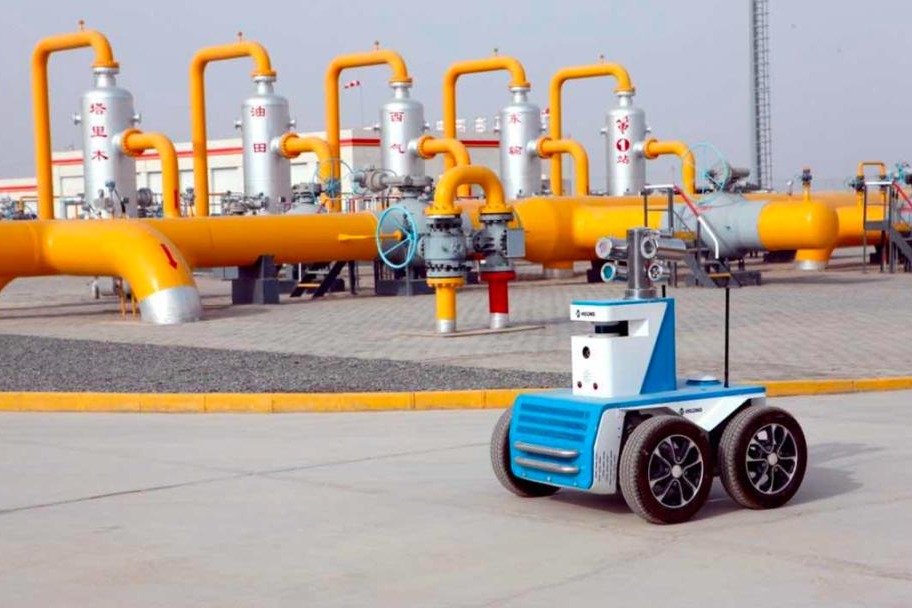China sees satellite navigation industry output growth in 2024

BEIJING -- The total output value of China's satellite navigation and positioning service industry reached 575.8 billion yuan ($79.9 billion) in 2024, up 7.39 percent year-on-year, according to a white paper published Sunday.
This year's white paper on the development of China's satellite navigation and positioning service industry noted that by the end of 2024 the cumulative number of satellite navigation patent applications in China had exceeded 129,000 and approximately 288 million mobile phones in the country were equipped with positioning capabilities enabled by the BeiDou Navigation Satellite System (BDS).
In 2024, the core output value of chips, algorithms and terminal devices, directly related to China's satellite navigation and location-based service industry, went up to 169.9 billion yuan, said Yu Xiancheng, president of the Global Navigation Satellite System (GNSS) and Location Based Services (LBS) Association of China (GLAC).
The BDS has achieved high-precision lane-level navigation, covering more than 99 percent of urban and rural roads across the country. It provides over 1 trillion location services daily and supports a total daily navigation mileage of over 4 billion kilometers.
Additionally, the BDS empowers road tests for intelligent connected vehicles and ensures the application of intelligent assisted driving in more than 50 cities nationwide.
"The BDS not only meets domestic demands, but also enables people all over the world to enjoy high-quality public navigation services from China," said Li Donghang, head of the GLAC Beidou-Space Time Technology Research Institute. The BDS products and services have been exported to over 140 countries and regions.
As a core supplier of global satellite navigation systems recognized by the United Nations, the BDS has been fully integrated into the standards of 11 international organizations, including civil aviation, maritime affairs and mobile communications.
More than 30 African countries, including Nigeria, Tunisia, Senegal, Cameroon, and Djibouti, have established BeiDou Continuously Operating Reference Stations (CORS), providing high-precision positioning services for local water conservancy, transportation, agriculture, and meteorological monitoring.
In South America, the Chancay Port in Peru is the first smart port to apply the "5G + BeiDou high-precision positioning + AI" technology.





































